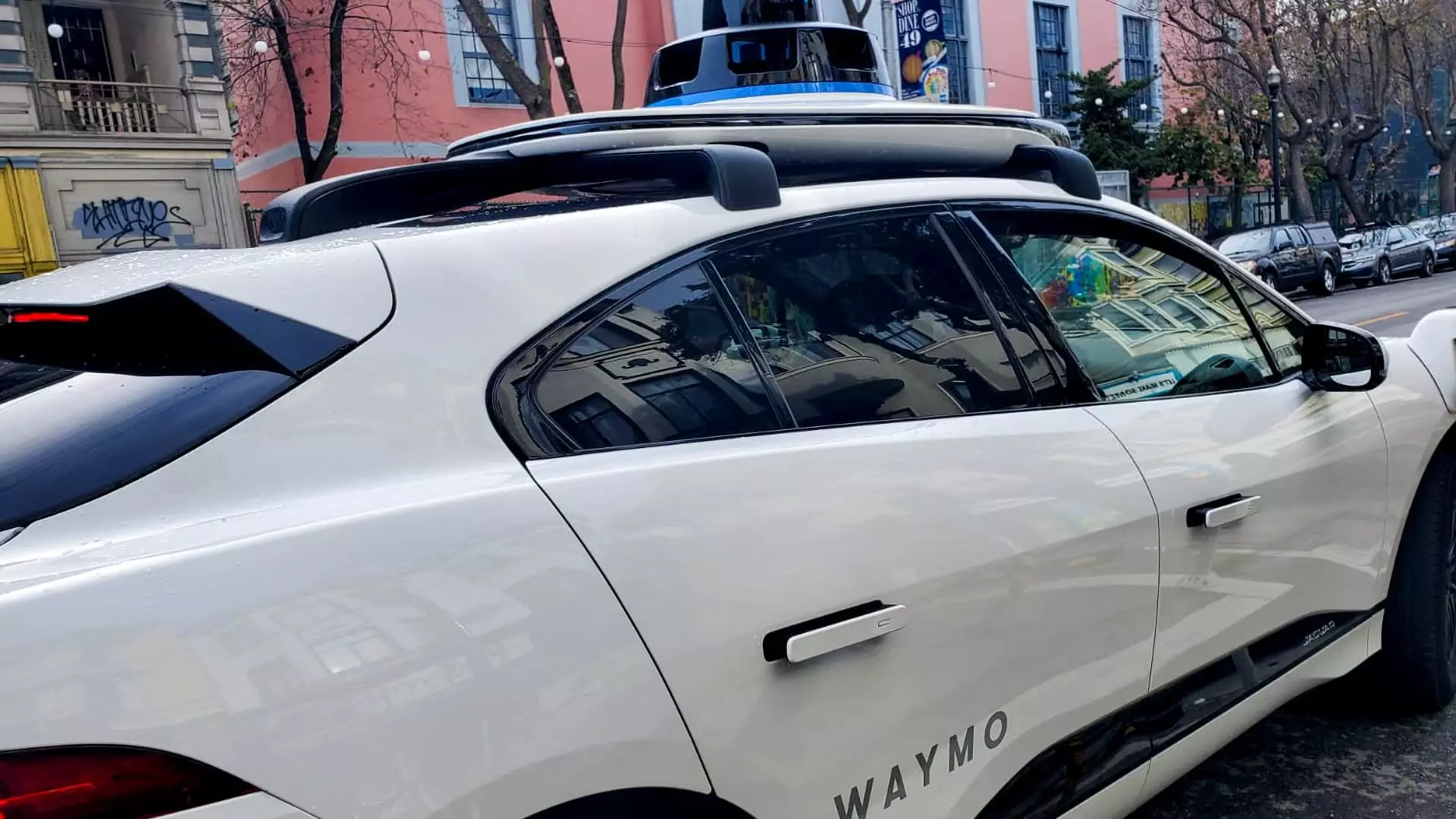Waymo, the self-driving vehicle unit of Alphabet, recently made headlines with its decision to file a voluntary recall notice for software used in their driverless cars. This move marks a significant first for the company and raises questions about the safety of autonomous vehicles. In this article, we will analyze the implications of Waymo’s voluntary recall and explore the broader context of autonomous vehicle testing and deployment.
Waymo’s voluntary recall was prompted by two incidents that occurred in Phoenix on December 11, 2023. In both cases, Waymo’s robotaxis collided with a towed pickup truck, resulting in only minor vehicle damage and no injuries. The company determined that its automated driving system (ADS) incorrectly predicted the future motion of the towed vehicle, leading to the collisions. Waymo addressed this issue by updating its software during regular maintenance and recharging, rather than through remote software updates.
The software updates required for the voluntary recall were completed by January 12 and did not disrupt Waymo’s ride-hailing service, Waymo One. The company operates its driverless ride-hailing service in several cities, including Phoenix, San Francisco, Los Angeles, and Austin. Waymo currently has approximately 700 vehicles in its Waymo One fleet, with a significant portion operating in fully autonomous mode. Despite the recall, Waymo’s public image has largely remained positive compared to other autonomous vehicle companies.
While Waymo may have faced less public criticism than its competitors, the broader autonomous vehicle industry has experienced significant backlash. Concerns have been raised about the safety of driverless vehicles, particularly in the wake of high-profile accidents. The California Department of Motor Vehicles suspended the permits of Waymo’s competitor, Cruise, following an incident where a pedestrian was injured. Similarly, Tesla has faced scrutiny over its claims of advanced autonomous capabilities and the California DMV has accused the company of deceptive marketing.
The recent incident involving a cyclist in San Francisco highlights the ongoing challenges in ensuring the safety of autonomous vehicles. Despite extensive testing and development, accidents involving autonomous vehicles are not completely preventable. As the technology continues to advance, regulators and industry stakeholders must work together to establish clear safety standards and protocols.
While the Waymo voluntary recall sheds light on the potential risks of autonomous vehicles, it also underscores the commitment of industry leaders to prioritize safety. The collaboration between Waymo and regulatory agencies, such as the National Highway Traffic Safety Administration, demonstrates a proactive approach to addressing safety concerns and improving the technology.
The Waymo voluntary recall serves as a reminder that the development and deployment of autonomous vehicles are not without challenges. As the industry continues to evolve, it is crucial to remain critical and vigilant in assessing the safety and efficacy of these technologies. Through ongoing collaboration and innovation, the goal of achieving safe and reliable autonomous transportation can be realized.


Leave a Reply